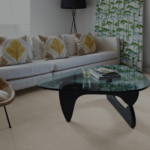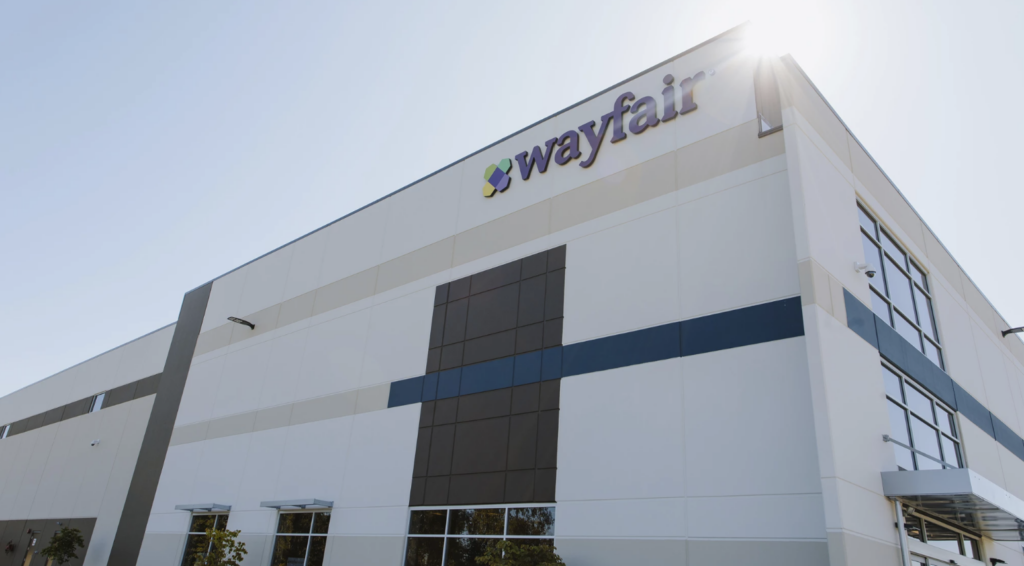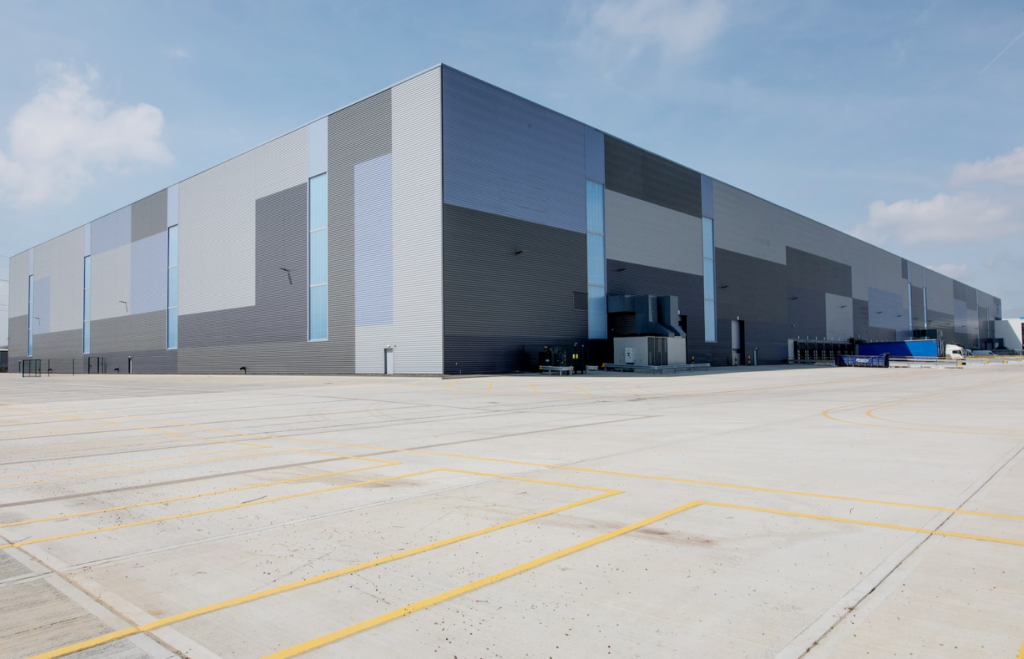Inter IKEA Group has reported higher revenues and restored gross margin for the financial year 2023 (FY23). After continued increases in FY21 and FY22, costs have started to come down in the second half of FY23, enabling lower prices for IKEA customers.
Inter IKEA Group’s overall financial performance is closely connected to the retail sales performance of the IKEA franchisees, which in FY23 reached EUR 47.6 billion (EUR 44.6 billion in FY22). Compared to FY22, retail sales grew by 6.6% (+7.3% when adjusted for currency effects). Both store sales and online sales continued to grow in value despite the continued challenge of lower sales quantities.
Inter IKEA Group recorded total revenues of EUR 29.1 billion (EUR 27.6 billion in FY22), including wholesale sales to IKEA retailers, franchise fees and retail sales from the IKEA Delft store. Net profit is EUR 1.6 billion (EUR 0.7 billion in FY22).
During the first half of FY23, raw material and commodity prices, as well as costs related to transportation and logistics, remained at high levels, following the large increases in FY21 and FY22. This situation stabilised during spring and a downward trend was visible towards the end of the financial year.
“After costs started to decrease, we were able to reduce the wholesale price to IKEA retailers for the first time since the pandemic, while at the same time restoring our gross margin. We are very pleased to see this development continuing into FY24. This should improve affordability for IKEA customers and support volume growth,” says CFO of Inter IKEA Group, Martin van Dam.
Costs trending downwards should positively affect prices for IKEA customers in the coming year and beyond. In addition, the resolution of logistic disruptions improved the availability of products for customers in all IKEA sales channels.
“We came into FY23 with challenges that were lagging from an unpredictable business climate, supply chain constraints and high inflationary pressure from previous years. We have made large efforts to overcome these challenges and to improve the availability of products, both of which are starting to show positive results,” says Martin.
Operational cost was affected by inflation. Recruitment stops and organisational restructurings have supported in stabilising salary costs and other operating costs, preventing more cost increases. In FY23, the tax charge amounted to EUR 307 million – equal to 15.8% of pre-tax income, compared to EUR 221 million in FY22.
Following the resolution of the logistic disruptions, inventory levels came down to normal levels and improved working capital. The equity position, and thus the financial strength of Inter IKEA Group, improved following the change in ownership and connected capital contributions. The equity ratio as of 31 August 2023 is 77%.
Martin concludes, “As we celebrate the 80th anniversary of the founding of IKEA in 1943, I look forward to our next financial year when – following the improvements we made in FY23 – we will be able to continue to live up to our business idea of offering a wide range of well-designed, functional home furnishing products at prices so low that as many people as possible will be able to afford them.”















